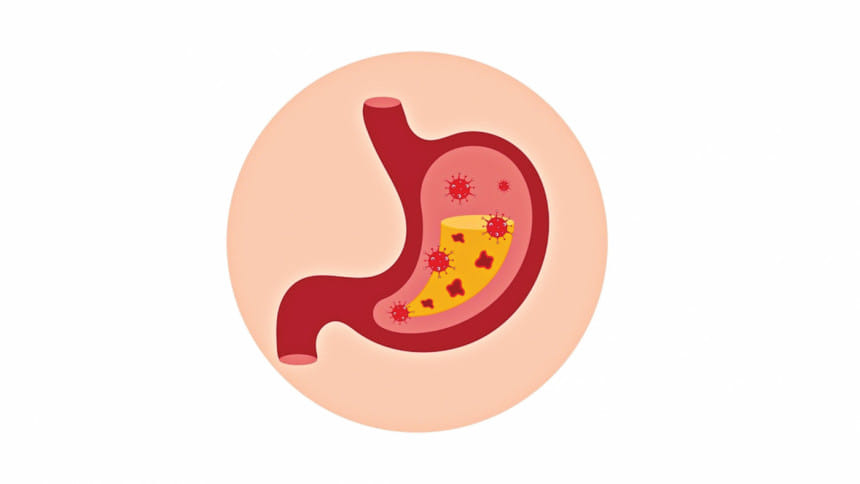New guidelines: Stomach infection linked to ulcers and cancer

A common stomach infection caused by Helicobacter pylori is known to lead to serious problems like ulcers and even stomach cancer if left untreated. As this infection becomes harder to treat due to increasing resistance to common antibiotics, experts have updated the guidelines for managing it, marking the first major changes since 2017.
The revised advice emphasises that anyone who tests positive for H. pylori should be treated to prevent potential complications. For first-time treatment, a combination of four medications is recommended for 14 days. This includes a stomach-protecting medication, an ingredient that helps the other drugs work better, and two antibiotics. Shorter 10-day treatments are no longer considered effective, and switching certain antibiotics weakens the results.
There are also newer options for those who might not be able to use the standard approach. These include alternatives that use different stomach-protecting medicines or special antibiotics, particularly for people who struggle with standard treatments.
After treatment, it is important to confirm that the infection has cleared. This should be done at least a month after completing the medication, using a test that checks for the bacteria, either through a breath sample, stool sample, or tissue sample from the stomach.
If the infection does not go away with the first treatment, the guidelines suggest trying another round with the four-drug approach or using other combinations of antibiotics, as long as tests show they will be effective. With growing resistance to commonly used antibiotics, testing the bacteria to see which drugs will work best can help guide the next steps.

 For all latest news, follow The Daily Star's Google News channel.
For all latest news, follow The Daily Star's Google News channel. 



Comments